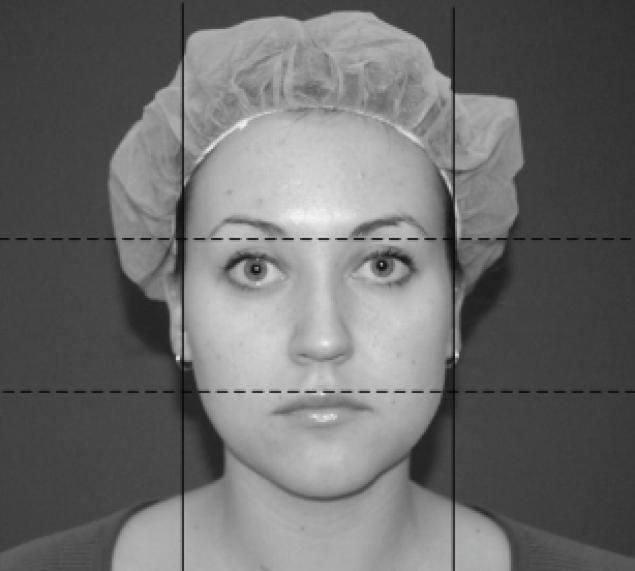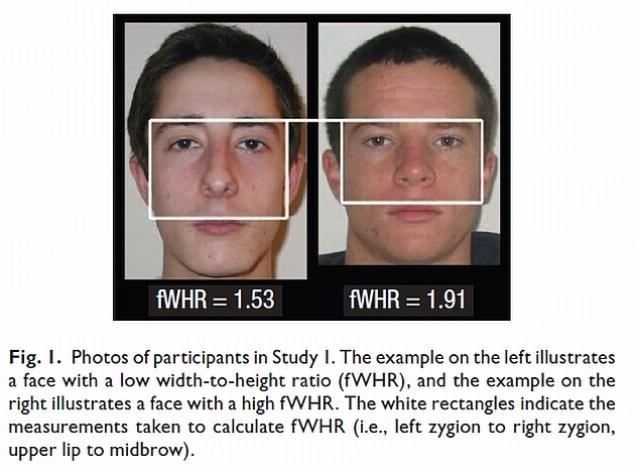Philip Caulfield
New York Daily News
February 22, 2013
A study published in the journal Psychological Science found that men with shorter, wider faces were more likely to express racist or prejudiced beliefs. Men with greater width-to-height ratios, the study found, had a greater urge to be socially dominant and cared less what others thought of them.

Men with shorter, wider faces may be more likely to express racist beliefs, according to new report.
The report, due out in the journal Psychological Science next month, found that facial structure can be a result of testosterone levels, which are also connected to aggressive behavior and the need to appear dominant in social situations.
Men with greater facial width-to-height ratio (fWHR) – that is, men with wider cheekbones and shorter distances between the brow and the upper lip – had stronger dominant urges, cared less about what people thought of them and were more likely to express racist or prejudiced beliefs, the report found.
“Racial prejudice is such a sensitive issue and there are societal pressures to appear nonprejudiced,” Dartmouth social scientist Eric Hehman said in a statement about the study.
“More dominant individuals might care less about appearing prejudiced, or exercise less self-regulation with regard to reporting those prejudices, should they exist.”
But, he cautioned, “Not all people with greater fWHRs are prejudiced, and not all those with smaller fWHRs are non-prejudiced.”
 Daily Stormer The Most Censored Publication in History
Daily Stormer The Most Censored Publication in History



